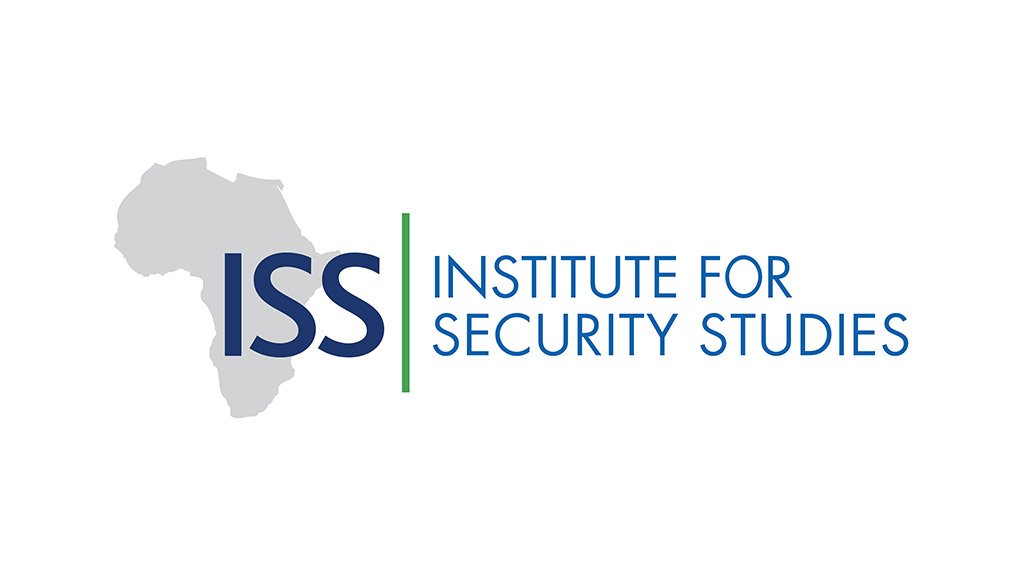Sometimes taking points of principle have unintended and uncomfortable consequences. Recently, we felt some of that as Vuma Mashinini, advisor to South Africa’s President Jacob Zuma, was voted by Parliament to be the next chair of the Independent Electoral Commission (IEC).
The IEC is an independent institution, set apart in Chapter 9 of the Constitution to manage elections and ensure that those are free and fair. Like so many of our democratic institutions, the IEC has been through its fair share of turmoil recently. Much has been said about the crisis in the criminal justice system, but the vote by Parliament makes Mashinini the front-runner to hold the position of chairperson. We should sit up and take note of this as much as the shenanigans in the National Prosecuting Authority.
In 2013, Public Protector Thuli Madonsela found that Pansy Tlakula had presided over an ‘unmanaged conflict of interest’ when the IEC entered into a R320-million lease agreement for office space. The allegation was that Tlakula – who was then the chair – had at the very least a business relationship with African National Congress (ANC) Member of Parliament Thaba Mufamadi, the chairperson of Parliament’s finance committee, and that Mufamadi had benefitted from the deal.
Tlakula pronounced that she had recused herself from the decision-making meeting and that she did not personally benefit from the lease deal (although when precisely, and with what effect, she actually recused herself is somewhat unclear). Pressure on her became intense, with civil society organisations rightly calling for her to resign.
Some opposition parties, like the Democratic Alliance, took a rather more opportunistic view of retaining Tlakula because ‘better the devil you know…’ Others, like Bantu Holomisa, were determined that the principle of accountability should be entrenched. They felt that Tlakula was no longer suitable for the position of IEC chair given how clearly compromised she had become.
The Constitution requires that the individual who heads up the IEC should be ‘fit and proper … to hold the particular office.’ Already opposition parties who voted against Mashinini’s appointment in Parliament are seeking advice about legal action to set aside the appointment. Mashinini has yet to be confirmed as chair of the IEC, but surely that is a formality. The Electoral Commission Act 51 of 1996 determines that commissioners (from whose ranks the chair shall come) shall not have a ‘high party-political profile’. Furthermore, ‘suitability, qualifications and experience’ are criteria when making appointments, and commissioners should also serve ‘impartially and independently’ according to the act.
So, there is that old chestnut again: independence. How do we define independence in a country which has seen so many ANC-aligned ‘struggle stalwarts’ take up important post-apartheid positions? We think of the Constitutional Court among others. Mashinini, as the ANC points out, has extensive experience as a chief electoral officer for the IEC in the 1999 elections as well as the 2000 local government elections. The major gripe here is therefore that Mashinini is seen to be close to Zuma, having acted as an advisor in the presidency.
Independence is not an exact science. Much of it is about perception and the independence of mind or thinking to chart a principled course, despite the direction of the political winds. Is someone perceived to be partisan; and therefore unable to win the confidence of all stakeholders? Elections are tricky processes, and a free and fair election depends on what is fair, but also what is perceived to be fair.
Opposition parties have already expressed little confidence that Mashinini will be able to exercise fair judgment should the moment arise. For Mashinini, this would mean starting the job on the wrong foot already. In addition, some rumours have surfaced regarding Mashinini himself and conflicts of interests. These were not probed by the interviewing panel, or by the Home Affairs Portfolio Committee of Parliament, and may well come back to bite Mashinini and the IEC.
The ANC has again used its majority to appoint Mashinini, and his becoming chairperson is surely a fait accompli. Yet his appointment also means that he will need to win the confidence of all political parties, and take bold steps to repair an institution that has been battling since Tlakula’s resignation, and the recent resignation of another commissioner, Raenette Taljaard. Mashinini will have to convince South African voters that he is able to exercise impartiality despite his close ties to the president.
Next year South Africans will see a local government election in which the stakes will be higher than ever for the ANC. One might have hoped that the party would appoint someone totally above reproach, free from allegations of partisanship. For all her faults, Tlakula served the IEC with distinction when it came to impartiality and her ability to gain the utmost respect of all parties.
We would be treading very difficult waters should the 2016 local government election results be contested in any way, or if the chairperson is seen to be compromised and acting in the narrow political interests of the ANC, instead of the entire electorate.
Written by Judith February, Senior Researcher, Governance, Crime and Justice Division, ISS Pretoria
EMAIL THIS ARTICLE SAVE THIS ARTICLE
To subscribe email subscriptions@creamermedia.co.za or click here
To advertise email advertising@creamermedia.co.za or click here











